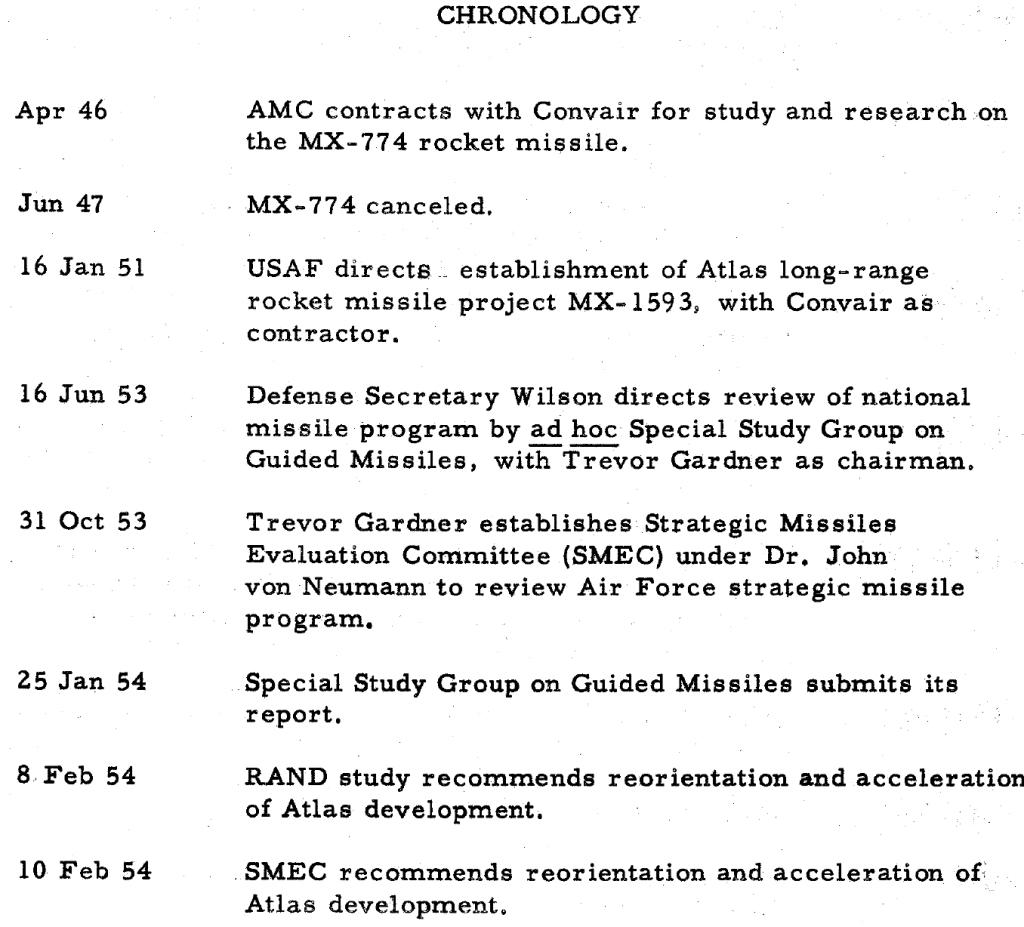Late to the party on this, but I thought I’d bookend this issue. This past April, the OPCW CSP decided to “suspend the following rights and privileges of the Syrian Arab Republic under the Convention: (a) to vote in the Conference and the Council; (b) to stand for election to the Council; and (c) to hold any office of the Conference, the Council, or any subsidiary organs.”
Here’s the explanation from the decision:
Recalling that in paragraph 5 of decision EC-94/DEC.2 the Council, pursuant to paragraph 36 of Article VIII of the Convention, decided to request that the Syrian Arab Republic complete certain measures within 90 days of that decision in order to redress the situation, and recalling also that in paragraph 6 of decision EC-94/DEC.2 the Council decided that the Director-General shall report to the Council and all States Parties, within 100 days of the decision, on whether the Syrian Arab Republic has completed all of the measures; and recalling further that in paragraph 7 of decision EC-94/DEC.2 the Council decided, if the Director-General reported that the Syrian Arab Republic failed to complete all of the measures set out in paragraph 5 of that decision, to recommend to the Conference to adopt a decision at its next session which undertakes appropriate action, pursuant to paragraph 2 of Article XII of the Convention, with respect to the Syrian Arab Republic;

